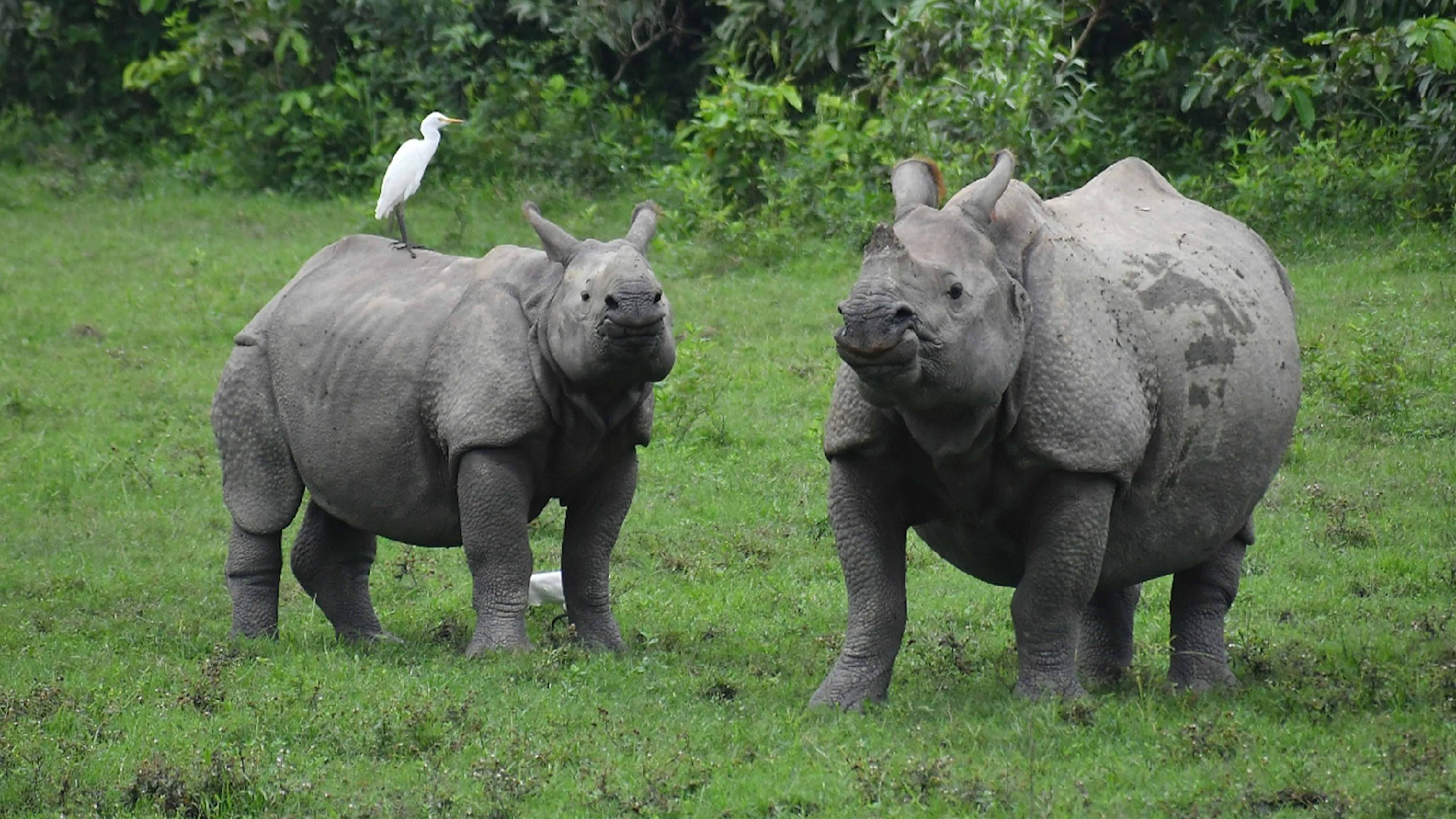WWF Reports: Wildlife Populations Have Declined by 73% Since 1970
According to WWF, wild populations of monitored animal species have decreased by more than 70 percent over the past fifty years.

The WWF Living Planet Index, which tracks trends in species abundance rather than individual animal counts, reveals a 73 percent decrease in populations since 1970, predominantly due to human activities.
This index has become a key reference for international discussions and is timely as the upcoming UN summit on biodiversity is set to commence in Colombia later this month.
At a press briefing, Kirsten Schuijt, Director General of WWF International, remarked, "The picture we are painting is incredibly concerning." Daudi Sumba, the chief conservation officer at WWF, emphasized, "This is not just about wildlife, it's about the essential ecosystems that sustain human life."
The report underscores the urgency of addressing the "interconnected" crises of climate change and environmental degradation, warning that significant "tipping points" are nearing for certain ecosystems. Sumba referenced deforestation in the Amazon, explaining it could "shift this critical ecosystem from a carbon sink to a carbon source," with potential irreversible effects on humanity.
It pointed out that "Habitat degradation and loss, driven primarily by our food system, is the most reported threat in each region, followed by overexploitation, invasive species and disease." Other threats include climate change, particularly in Latin America and the Caribbean, as well as pollution, which is notably problematic in North America, Asia, and the Pacific.
The index shows the most significant decline in freshwater species populations, followed by terrestrial and marine vertebrates. "We have emptied the oceans of 40 percent of their biomass," stated Yann Laurans from WWF France.
When examining continent-by-continent data, the average decline was found to be 95 percent in Latin America and the Caribbean, with Africa showing a 76 percent drop, and Asia and the Pacific declining by 60 percent. In contrast, the reductions in Europe, Central Asia, and North America are described as "less spectacular."
Some animal populations have seen stabilization or even growth due to conservation efforts and successful species reintroductions. The European bison, which vanished from the wild in 1927, has rebounded to a population of 6,800 in 2020, largely due to extensive breeding and reintroduction programs in protected areas.
While deeming the overall situation "incredibly concerning," Schuijt noted that "the good news is that we're not yet past the point of no return." She highlighted ongoing global initiatives, including a crucial agreement reached at the last UN biodiversity meeting in 2022, aiming to safeguard 30 percent of the planet by 2030 against pollution, degradation, and climate change.
However, she cautioned, "all of these agreements have checkpoints in 2030 that are in danger of being missed."
Several studies published in the journal Nature have criticized the WWF for potential methodological biases in its index, suggesting these may overstate the magnitude of animal declines. Andrew Terry of the Zoological Society of London defended the index's credibility, stating, "We remain really confident of its robustness," and emphasized the deployment of "a range of indicators, looking at extinction risk, biodiversity, and ecosystem health to really broaden that picture."
Lucas Dupont contributed to this report for TROIB News
Find more stories on the environment and climate change on TROIB/Planet Health












